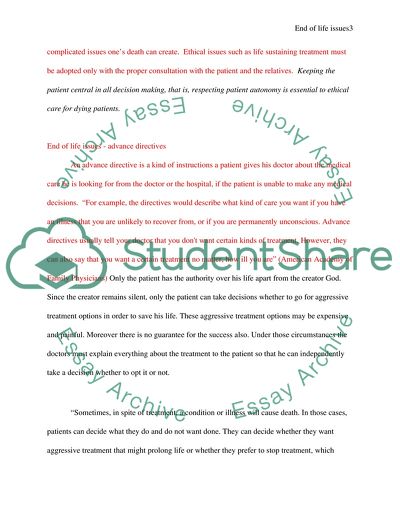Cite this document
(“End of Life Issues Term Paper Example | Topics and Well Written Essays - 1250 words”, n.d.)
End of Life Issues Term Paper Example | Topics and Well Written Essays - 1250 words. Retrieved from https://studentshare.org/health-sciences-medicine/1723796-end-of-life-issues
End of Life Issues Term Paper Example | Topics and Well Written Essays - 1250 words. Retrieved from https://studentshare.org/health-sciences-medicine/1723796-end-of-life-issues
(End of Life Issues Term Paper Example | Topics and Well Written Essays - 1250 Words)
End of Life Issues Term Paper Example | Topics and Well Written Essays - 1250 Words. https://studentshare.org/health-sciences-medicine/1723796-end-of-life-issues.
End of Life Issues Term Paper Example | Topics and Well Written Essays - 1250 Words. https://studentshare.org/health-sciences-medicine/1723796-end-of-life-issues.
“End of Life Issues Term Paper Example | Topics and Well Written Essays - 1250 Words”, n.d. https://studentshare.org/health-sciences-medicine/1723796-end-of-life-issues.


